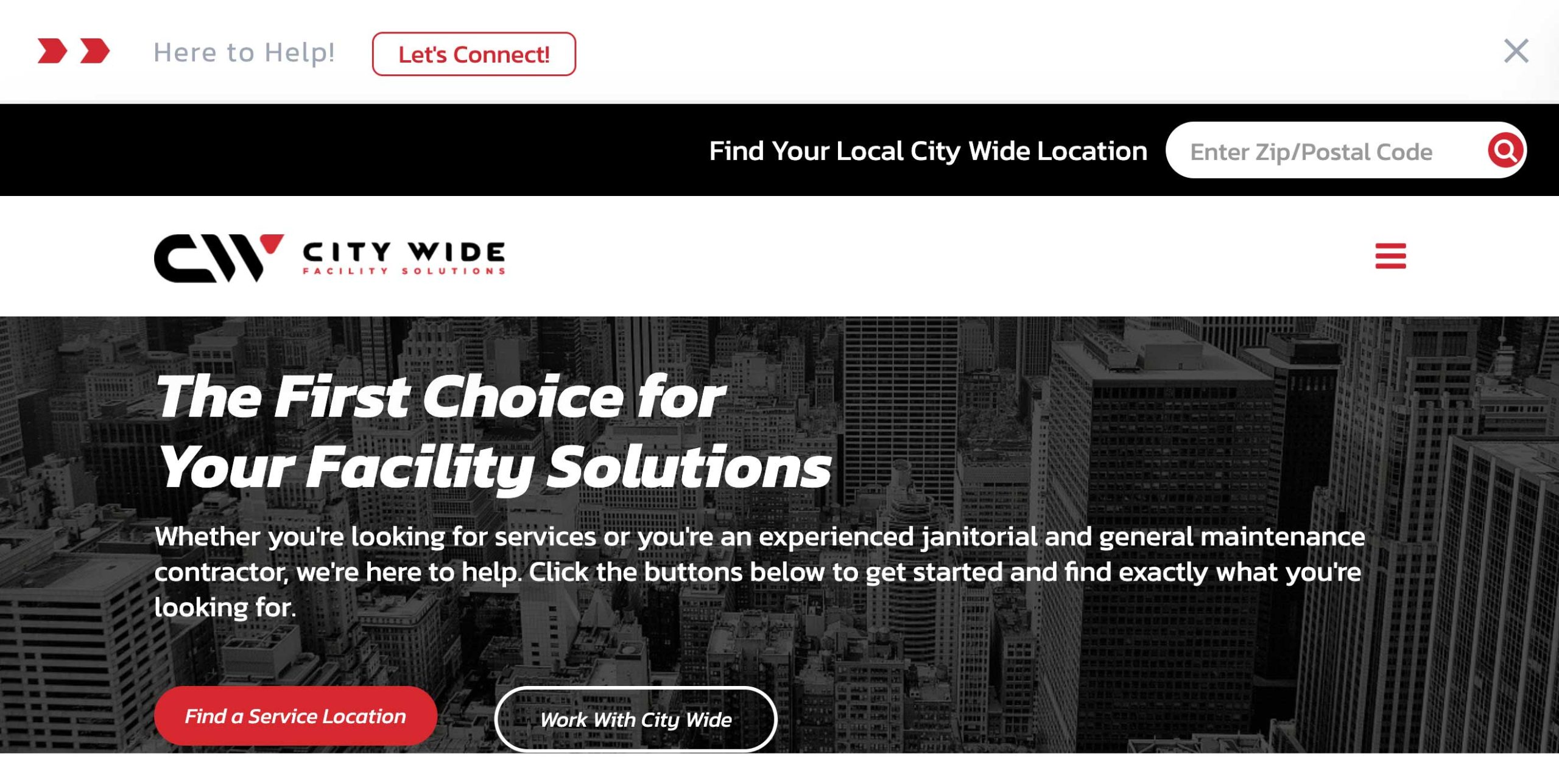As the insurance industry continues to embrace digitization, the threat of cybersecurity risks for independent insurance agents has become a daily reality. It is crucial for insurance agents to develop and implement comprehensive strategies to mitigate the risks posed by cybercriminals to their clients and business.
Insurance policies require massive amounts of personal data; data that is then stored and shared throughout the insurance business. Independent insurance agents must protect their client’s sensitive data in order to maintain a strong reputation and prevent exposure to litigation or even criminal prosecution.
This article will explain cybersecurity risks for independent insurance agents and how to mitigate them.
Common Cybersecurity risks faced by independent insurance agents
Independent insurance agents form close relationships with their clients. These clients will communicate with their agents using email, text messages, and phone calls without thinking twice about the potential risks. Cybercriminals often exploit these relationships, as well as remote work or unsecured networks of independent insurance agents and clients, to commit cyber crimes.
The most common cybersecurity risks faced by independent insurance agents include:
- Phishing attacks
- Ransomware
- Data breaches
- Insider threats
- Weak password practices
- Unsecured devices and networks
It is imperative that independent insurance businesses use cybersecurity best practices for insurance agents to mitigate the vast number of cybersecurity risks they face on a daily basis.

Mitigating cybersecurity risks for independent insurance agents
Mitigating cybersecurity risks for independent insurance agents requires many steps and strategies, not just one or two. Cyber threats are constantly evolving past current mitigation measures. Because of this, independent agents need a comprehensive cybersecurity risk management plan.
The initial step in any solid cybersecurity plan for independent insurance agents involves risk assessment. You need to know where your business is most vulnerable and build layers of protection accordingly.
Looking at the cybersecurity risks listed in the previous section, which one of these risks poses the biggest or most immediate threat to your independent insurance agency? For instance, if you have weak password practices, solve that issue immediately by using a password manager.
The next few sections will cover cybersecurity best practices for insurance agents for each of the cybersecurity risks listed above, including:
- Email security
- Spam filters
- Data backups
- Encryption of data
- Employee background checks
- Password managers
- VPNs
Implementing robust email security measures
Email is where your independent insurance agency is most vulnerable to cybersecurity risks. It is important that you use a number of mitigation tactics to prevent cyber attacks.
Spam filters
Spam filters will help stop phishing, malware, and virus-infected emails from making it through to your inbox.

Email Authentication
Email authentication works in a number of ways to protect your insurance clients and agency. It helps to ensure your independent insurance company’s domain cannot be forged in emails and it helps to validate the email sender.
Regular employee training on phishing awareness
With remote work now commonplace, it is more important to mitigate insurance agent cyber risk with regular employee training on phishing awareness. Phishing awareness training will help employees spot phishing attempts and prevent them from being successful.
Protecting against ransomware
Ransomware is a major cybersecurity risk for independent insurance agents because it can hold your entire operation hostage. Ransomware is a type of malicious software that allows cybercriminals to restrict access to your computer until a ransom is paid. Here are some ways to protect against ransomware:
Regular data backups
Independent insurance agencies should employ a data backup and recovery plan for all critical systems and networks. It is important to isolate these backups from your network because ransomware can infect and restrict access to these critical backups as well.
Antivirus software and firewalls
Any software program, such as antivirus software, will help prevent ransomware attacks on your independent insurance agency by recognizing ransomware and removing it before it can be uploaded.
Firewalls should be used to restrict inbound access to your network, which is how cyber criminals gain and then restrict access to your data.
Keeping software and operating systems up to date
The reason software companies and operating system providers keep sending you patches and updates is partly due to cybersecurity risks. Cybercriminals exploit vulnerabilities in software. When companies recognize this, they issue a patch or update to fix the issue.
Independent insurance agents need to keep all of their software programs and operating systems up to date regularly to help prevent cyber attacks.
Safeguard against data breaches
Customer data is the most important asset independent insurance agents must protect with cybersecurity measures. Here are ways for agents to safeguard against data breaches:
Encryption of sensitive data
Data encryption is a relatively new tool in the fight against cyber criminals. Independent insurance agents can use data encryption services to encrypt customer-sensitive data within their systems. This means that even if the company suffers a data breach, the information recovered will be worthless because it will be encrypted.
Two-factor authentication
Two-factor authentication, or multi-factor authentication (MFA) is a great strategy for cyber risk management for insurance agents. This can decrease your exposure to data breach attacks by requiring additional user authentication through another device or password.
Regular vulnerability assessments and penetration testing
Vulnerability assessments will alert insurance companies of vulnerabilities and flaws in their code. It will also show where these flaws are located so they can be addressed.
Penetration tests attempt to exploit these vulnerabilities to determine whether or not a potential cybersecurity risk for independent insurance agents exists.

Additional tactics for mitigating cybersecurity risks for independent insurance agents
Addressing insider threats
In order to address insider cybersecurity threats, insurance agents should:
- Conduct employee background checks
- Implement a clear cybersecurity policy
- Monitor and audit employee access to sensitive information
Demand strong password practices
Independent insurance agencies need to demand employees use strong password practices in order to prevent cybersecurity risks. These include using a password manager to organize strong passwords, updating passwords on a regular basis to prevent leaks and employing complex password requirements for employees and clients.
Should independent insurance agents invest in cyber insurance?
Yes. Cyber insurance is an important part of cybersecurity best practices for insurance agents. Not every cybersecurity risk can be mitigated and cyber insurance can help defer the costs of a cyber attack on an insurance agency.
Independent insurance agents can be held liable if their customer’s data is compromised by a cybercrime. Cyber insurance can help protect agents from this liability and help defer the cost of business interruption. Here are the things cyber insurance covers:
- Network security and privacy liability
- Business interruption
- Media liability coverage
- Errors and omissions coverage
Creating a cybersecurity incident response plan
You should never wait for a cybersecurity incident to occur to figure out how to address it. Cyber risk management for insurance agents must include a cybersecurity incident response plan. This plan should be outlined for every stakeholder so they can understand the steps they need to take in case a cybersecurity breach does occur.
Your incident response plan needs to include a number of phases. The first phase is preparation, which you can use this article to complete. The next phases in your cybersecurity incident response plan should include:
- Identifying the problem
- Contain the damage
- Eradicate the virus, ransomware, or breach
- Learn how it happened
- Test your system regularly
- Repeat cybersecurity preparation steps
Conclusion
Cybersecurity risks for independent insurance agents are very real, increasing, and carry severe consequences. It is paramount to your business and your clients to have cybersecurity risk protection measures in place in order to protect your business and your reputation.
Implementing strong cybersecurity strategies will help prevent cybercriminals from attacking your independent insurance agency. They will also help protect your client’s personal and sensitive information.
Easy Insurance Pro has the tools to help you with content creation and marketing to potential clients. Contact us at 800-327-6623 to set up your free demo today!







